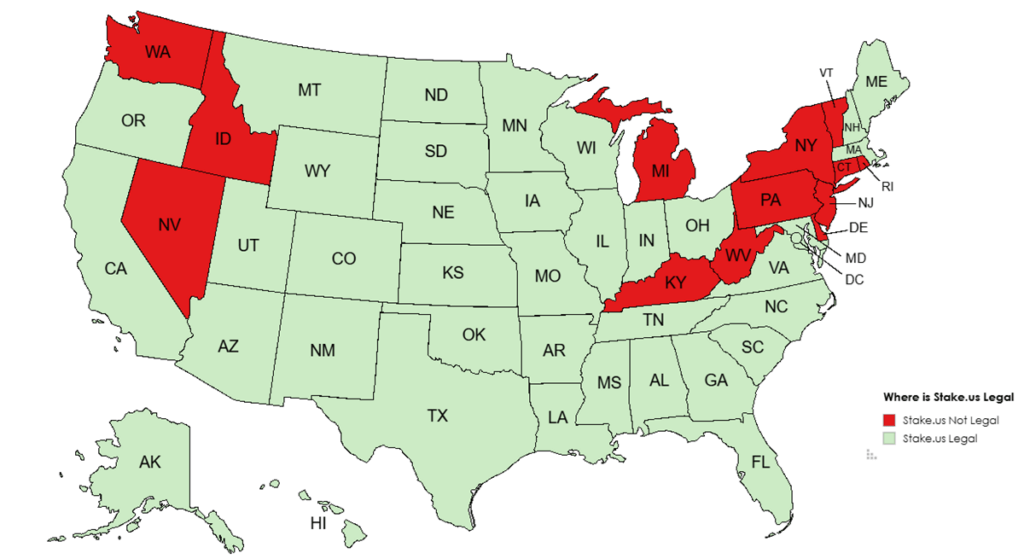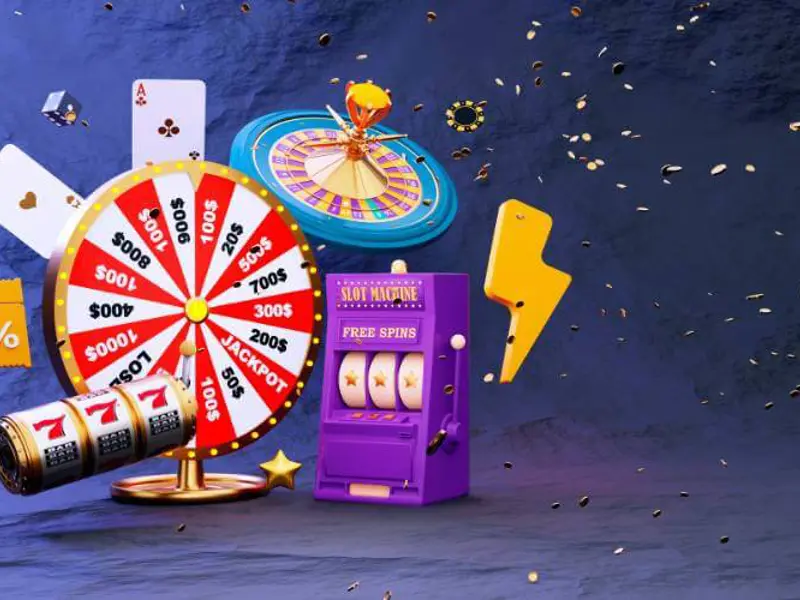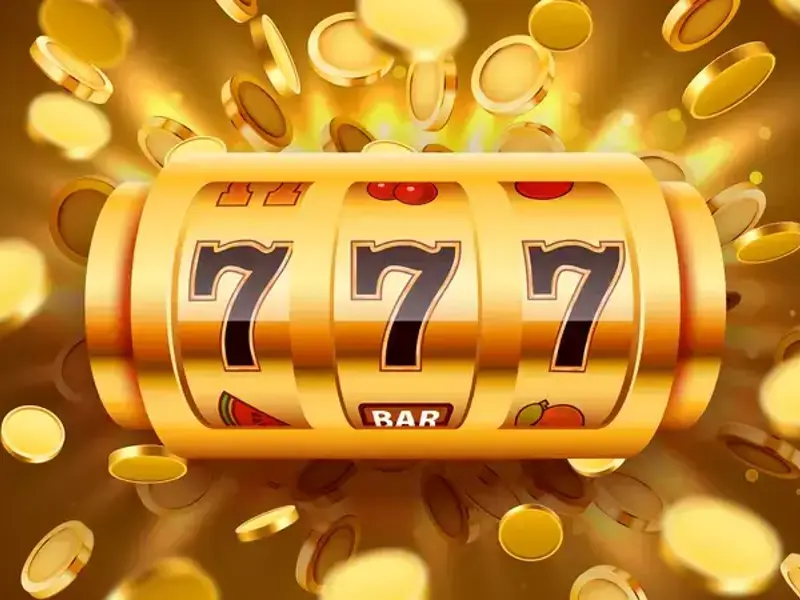Key Updates
Table of Contents
- Introduction
- What Is the Current Legal Framework for Sweepstakes Casinos?
- Recent State Changes in 2025
- Key Legal Issues & Terms to Watch
- Is Gambling Legal in Texas?
- US Gambling Age (What to Know)
- What Players & Operators Should Do
- Conclusion
Introduction
We’ve seen sweepstakes casinos become a fast-growing alternative to traditional online gambling in the U.S. They offer slot-style and social games, free coin entry routes, and redeemable prizes without a direct wagering model. In 2025, questions around whether sweepstakes are legal have intensified as states review how these products fit into USA gambling laws.
This guide breaks down the latest changes, clarifies how US sweepstakes laws work, highlights which states have added restrictions, and explains what players and operators should do to stay compliant.
What Is the Current Legal Framework for Sweepstakes Casinos?
In most jurisdictions, a promotion remains sweepstakes legal when participants can enter without purchase. Sweepstakes casinos mirror that model with a dual-currency approach: a fun currency (e.g., Gold Coins) and an entry/prize currency (e.g., Sweeps Coins) that can be redeemed when played and won.
There’s no single federal statute that directly governs these sites. Instead, compliance depends on US sweepstakes laws at the state level, attorney-general guidance, and case law. As a result, rules differ: what’s permissible in one state can be limited or prohibited in another under broader USA gambling laws.
Recent State Changes in 2025
Several states have proposed or enacted measures that affect sweepstakes state laws. Below are examples from 2025 activity (and existing interpretations) that tighten or prohibit certain models:
States Where Ban or Legal Prohibition Is Active or Effective Soon
- Montana: Passed SB 555, effective Oct 1, 2025. Statutory language targets platforms that transmit gambling info, accept wagers/bets, or pay out monetary equivalents.
- Connecticut: SB 1235 restricts dual-currency sweepstakes models interpreted to cover certain sweepstakes casino operations.
- New Jersey: Revisions have been interpreted to prohibit dual-currency sweepstakes operations.
- Washington: Existing law and interpretations make sweepstakes casino models unlawful.
- Idaho: Restrictions on redeemable prize elements; residents cannot receive cash prizes.

States with Pending or Proposed Restrictions
| State | Type of Proposal / Potential Effect |
|---|---|
| California | AB 831 proposes limits on sweepstakes casinos and payment processing. If enacted, could significantly narrow operations; enforcement likely after rulemaking. |
| New York | Regulatory actions and bills (e.g., S5935) aimed at banning or restricting dual-currency models; several operators have limited or ceased service. |
| Louisiana | AG opinions and draft bills treating sweepstakes casinos as unlicensed gambling; potential restrictions on promotion and redemptions. |
| Nevada | Proposals (e.g., SB256) to tighten enforcement; could require stricter licensing or block features viewed as gambling. |
| Massachusetts, Maryland, Florida | Pending scrutiny in each; some bills stalled but may return in later sessions with tighter sweepstakes state laws. |
Key Legal Issues & Terms to Watch
To remain sweepstakes legal, operators and players should understand these core concepts within US sweepstakes laws:
- No Purchase Necessary — A free method of entry must exist and be clearly described.
- Dual-Currency Models — Fun coins vs. redeemable entry coins; some states are targeting this structure specifically.
- Redeemable Prizes / Cash-Outs — Whether cash or items of value may be redeemed by residents under local law.
- Consideration — If obtaining entries requires something of value, a sweepstake can be treated as gambling under USA gambling laws.
- Enforcement — AG opinions, cease-and-desist letters, new statutes, and in some cases criminal penalties (e.g., Montana timeline).
Is Gambling Legal in Texas?
We often get asked: “Is gambling legal in Texas?” Texas law is generally restrictive on traditional casino gambling. However, sweepstakes promotions operate under a different framework. If a platform strictly follows US sweepstakes laws (clear no purchase necessary entry, chance-based prizing, and transparency around redemption), it aims to remain a promotion rather than gambling.
That said, interpretations can evolve. If you’re in Texas, always review a site’s terms, confirm a free mail-in or alternate entry exists, and check whether cash redemptions are available to Texas residents. When in doubt, seek legal guidance — it’s the safest route to ensure the activity you’re engaging in remains sweepstakes legal in your jurisdiction.
US Gambling Age (What to Know)
There is no single nationwide “US gambling age.” Each state sets its own minimums depending on product type (lottery, casinos, sports betting, charitable gaming). Many land-based casinos use 21, while some gaming activities are available at 18. Sweepstakes sites also set age requirements in their terms and may vary by state to align with USA gambling laws.
- Always verify the minimum age in your state before creating an account.
- Read the operator’s KYC policy — you’ll need valid ID to redeem prizes.
- If an operator allows 18+, ensure the product offered is permitted for that age in your state.
What Players & Operators Should Do
Given shifting sweepstakes state laws, caution and clarity matter for everyone.
Tips for Players
- Confirm your state’s status before signing up or redeeming prizes. Use operator T&Cs and our restricted states tool.
- Check age requirements and whether cash redemptions are allowed where you live.
- Use the free entry method at least once — it’s a hallmark of being sweepstakes legal.
Tips for Operators
- Maintain a clear no-purchase-necessary route and disclose it prominently.
- Implement geolocation and block restricted jurisdictions per US sweepstakes laws.
- Track bills and AG guidance (e.g., CA, NY, LA); be ready to modify features or pause service.
- Be transparent in Terms & Conditions, prize descriptions, and redemption timelines.
- Consult counsel regularly on USA gambling laws and marketing claims.
Conclusion
Sweepstakes casinos remain available in many states, but 2025 has brought more scrutiny to dual-currency models, redeemable prizes, and how promotions intersect with USA gambling laws. While some jurisdictions (e.g., Montana) have enacted new barriers, others are still evaluating how these products fit within US sweepstakes laws.
For players, staying informed protects your ability to redeem prizes. For operators, proactive compliance is essential to remain sweepstakes legal as legislatures and regulators refine the rules. Expect continued movement into 2026 — and check back for updates as sweepstakes state laws evolve.
Featured Articles
Browse through our other articles








